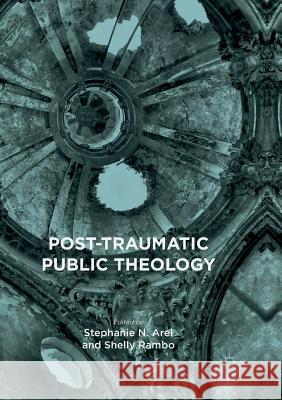Post-Traumatic Public Theology » książka
topmenu
Post-Traumatic Public Theology
ISBN-13: 9783319821481 / Angielski / Miękka / 2018 / 312 str.
Kategorie:
Kategorie BISAC:
Wydawca:
Palgrave MacMillan
Język:
Angielski
ISBN-13:
9783319821481
Rok wydania:
2018
Wydanie:
Softcover Repri
Ilość stron:
312
Waga:
0.39 kg
Wymiary:
21.01 x 14.81 x 1.75
Oprawa:
Miękka
Wolumenów:
01
Dodatkowe informacje:
Wydanie ilustrowane











